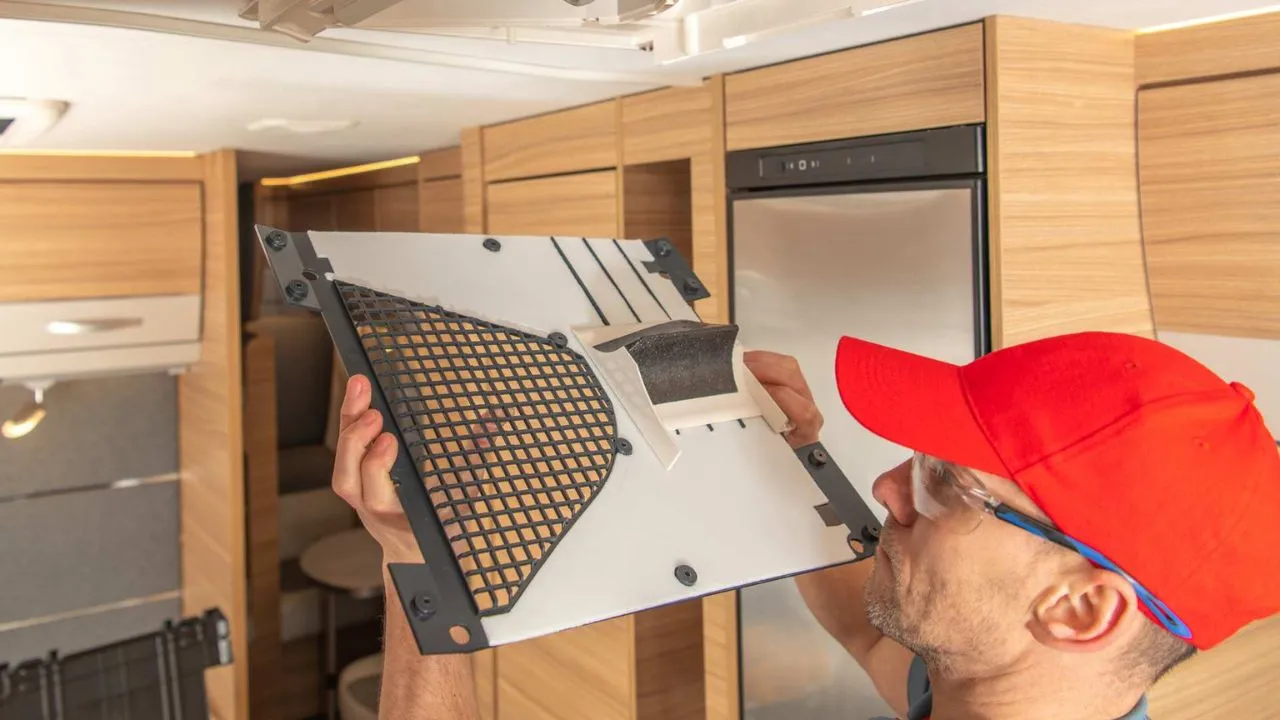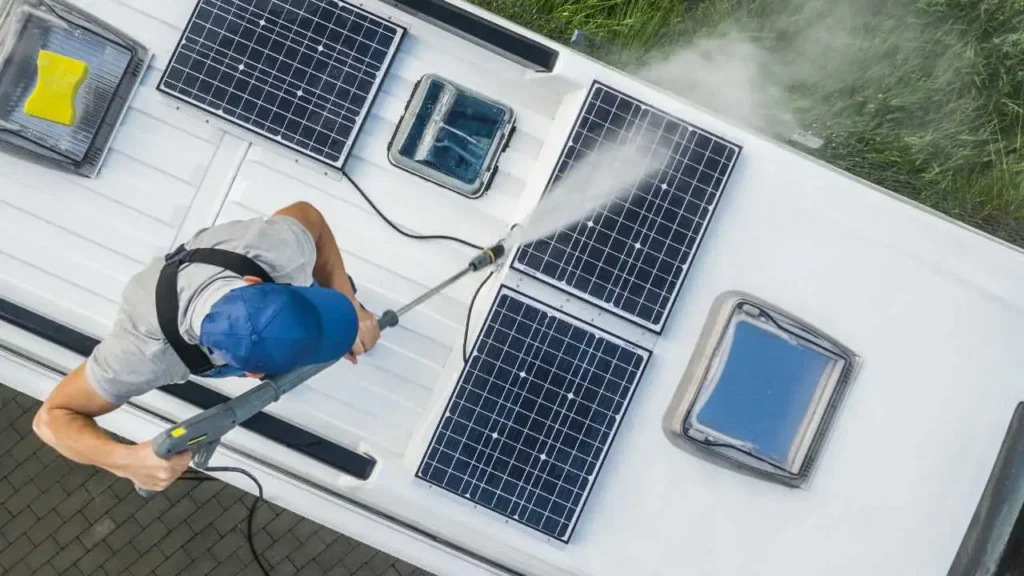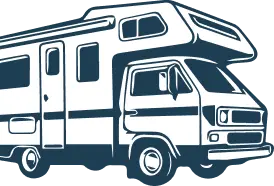
RVs offer unrivaled freedom and an excellent way to explore the world on your own terms. However, the joy of this nomadic lifestyle can sometimes be hampered by unexpected RV problems. Being aware of and prepared for these common issues can differ between a minor inconvenience and a trip-ending breakdown.
Tire Troubles
Tires are the most critical component of your RV and often face many challenges. Here are some common issues to watch for:
- Blowouts: Sudden tire failures can be dangerous and costly. Prevent them by regularly checking tire pressure, inspecting for uneven damage or wear, and replacing old or worn tires would be the best choice.
- Underinflation: Tire failure mostly happens due to low pressure, which creates excessive heat buildup. Maintain proper tire pressure according to your RV’s specifications.
- Dry Rot: UV exposure and age degrade tires. Look for cracks in the sidewall or tread and replace tires showing significant dry rot, even with plenty of tread left.
Appliance Malfunctions
RV appliances often operate under challenging conditions with vibrations and temperature shifts. Common culprits for failures include:
- Refrigerator: Cooling issues are frequent. Ensure your RV is level for proper operation, keep the fridge clean, and check connections and gas flow (if applicable).
- Water Heater: Leaks, lack of hot water, or odd noises can develop. Check for loose connections, damaged seals, or buildup in the tank.
- Furnace: A faulty blower motor, thermostat issues, or dirty components can make for a cold night. Troubleshoot fundamental causes and seek professional help if needed.
Electrical Gremlins
Electrical issues can leave you in the dark and disrupt your RV’s functions. Here’s what to look out for:
- Dead Batteries: Parasitic drains, old batteries, or malfunctioning charging systems can leave you stranded. Monitor battery health, disconnect unused loads, and ensure your charging system is functional.
- Blown Fuses: If fuses keep blowing, investigate the cause of the excessive power draw. Do not simply replace them with higher-amperage fuses.
- Faulty Wiring: Loose connections, rodent damage, or age-related wear cause many problems. Call an RV technician if you need to become more familiar with electrical systems.
Plumbing Predicaments
From irritating drips to significant leaks, plumbing woes are a frequent source of frustration for RV owners:
- Leaks: Check hoses, fittings, and seals regularly. Tighten loose connections and consider preventative maintenance by replacing old plumbing lines.
- Frozen Pipes: Insulate exposed pipes, use heat tape, or allow faucets to drip slightly in freezing conditions to prevent water lines from freezing.
- Clogged Drains: Hair, food debris, and soap buildup restrict flow. Use drain strainers, avoid harsh chemicals, and periodically flush the system with hot water.
Slide-Out Surprises
Slide-out mechanisms extend your living space but are prone to problems:
- Motor Failures: Motor malfunctions can leave a slide-out stuck open or closed. Know the manual override procedure and seek professional repair.
- Seal Leaks: Damaged or aged seals allow water intrusion. Inspect seals regularly and replace them when necessary.
- Alignment Issues: Slides can jump off track, causing binding or damage. Lubricate moving parts and have a technician re-align if needed.
Roof and Sealing Issues
Your RV’s roof is constantly exposed to the elements. Leaks are detrimental if not caught early:
- Seam Failures: Over time, gaps develop where roof components meet. Inspect sealants regularly and replace any cracked or deteriorated sections.
- Impact Damage: Hail, falling branches, or low clearance mishaps can compromise your roof. Assess damage carefully and repair it immediately.
- Leaks Around Vents and AC: Seals dry out and need upkeep. If leaks persist, remove vents and reseal them.
Unexpected Mechanical Breakdowns
Like any vehicle, RVs experience a range of mechanical issues:
- Engine Troubles: From overheating to breakdowns, know your RV’s maintenance schedule and be alert to strange noises or warning lights.
- Brake Problems: It is vital to maintain brakes. Look for fluid leaks, uneven wear, or decreased braking performance.
- Suspension Issues: RVs carry heavy loads. Watch for broken springs, worn shocks, or unusual sagging.
Conclusion
RV ownership brings incredible joy and freedom, but with that comes some inherent challenges. By being aware of these common RV problems, you can prevent them, troubleshoot fundamental issues yourself, and recognize when it’s time for professional help. Regular maintenance, careful inspections, and a willingness to learn basic repairs will keep your RV rolling toward your next adventure.
FAQs
Refer to your RV manufacturer's recommended maintenance schedule. A general rule of thumb is an annual inspection and service.
Look for RV dealerships or certified RV technicians. Ask other RV owners in your area for recommendations, or you can contact Dixie RV Doctor in St. George.
A well-stocked toolkit should include screwdrivers, wrenches, pliers, a multimeter, electrical tape, duct tape, sealants, and essential spare parts like fuses and tire repair supplies.
Consider roadside assistance plans for your RV. Carry contact information for emergency services, and if possible, know the location of nearby RV repair facilities.


